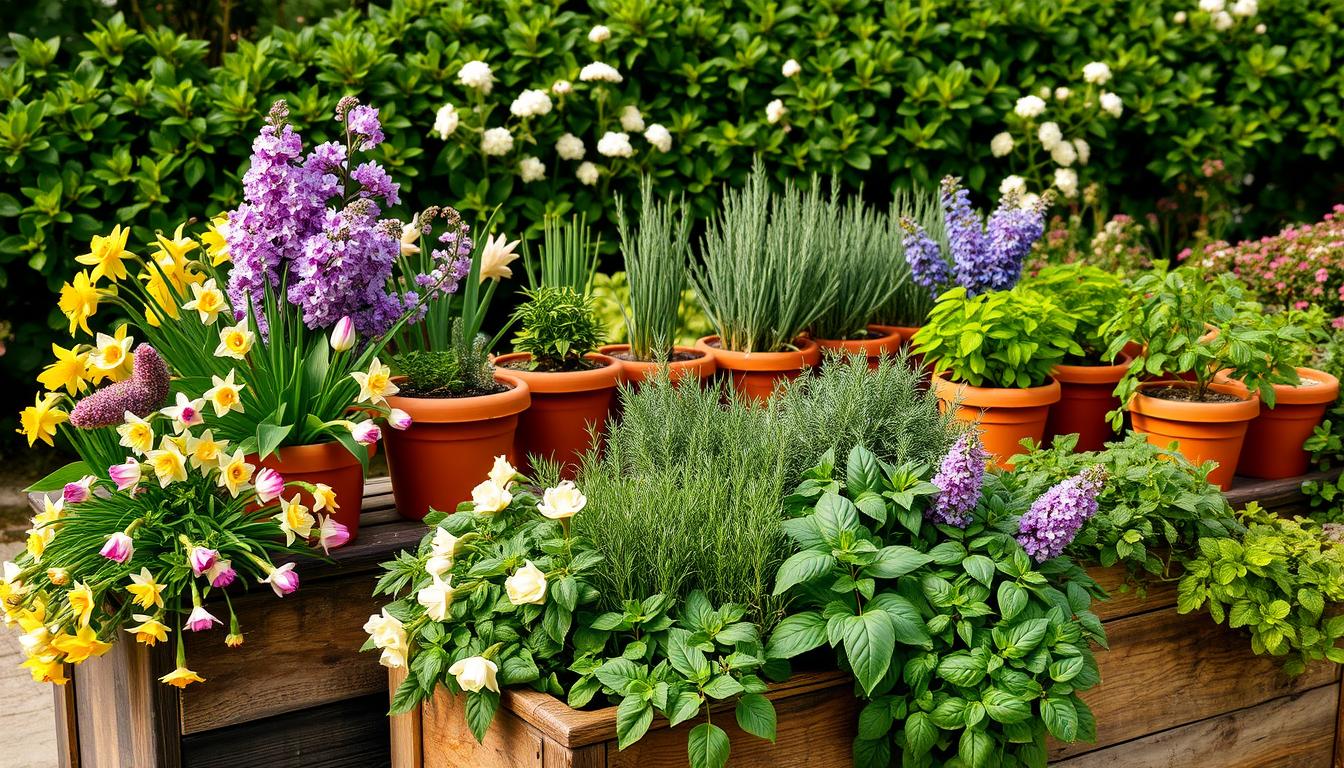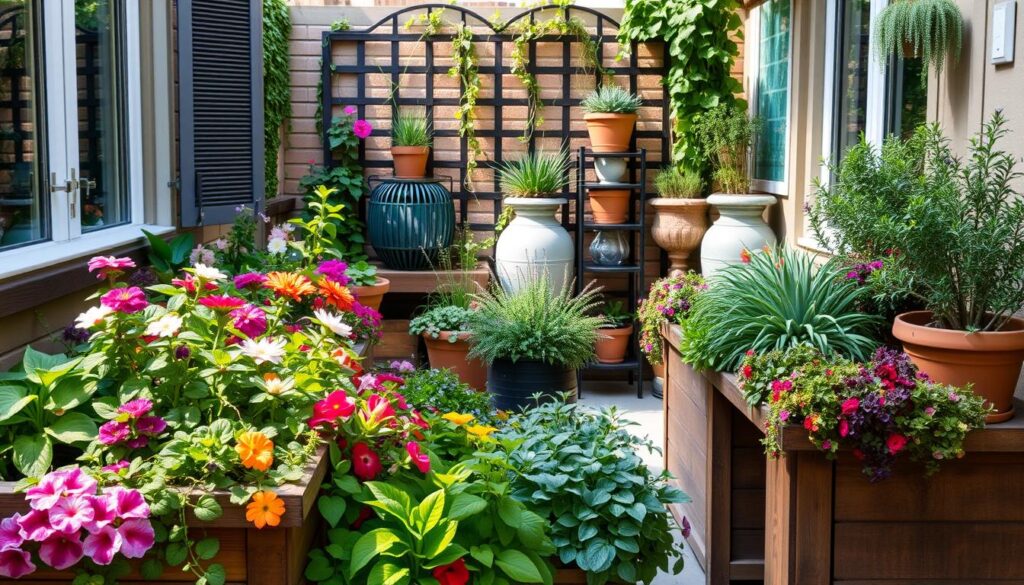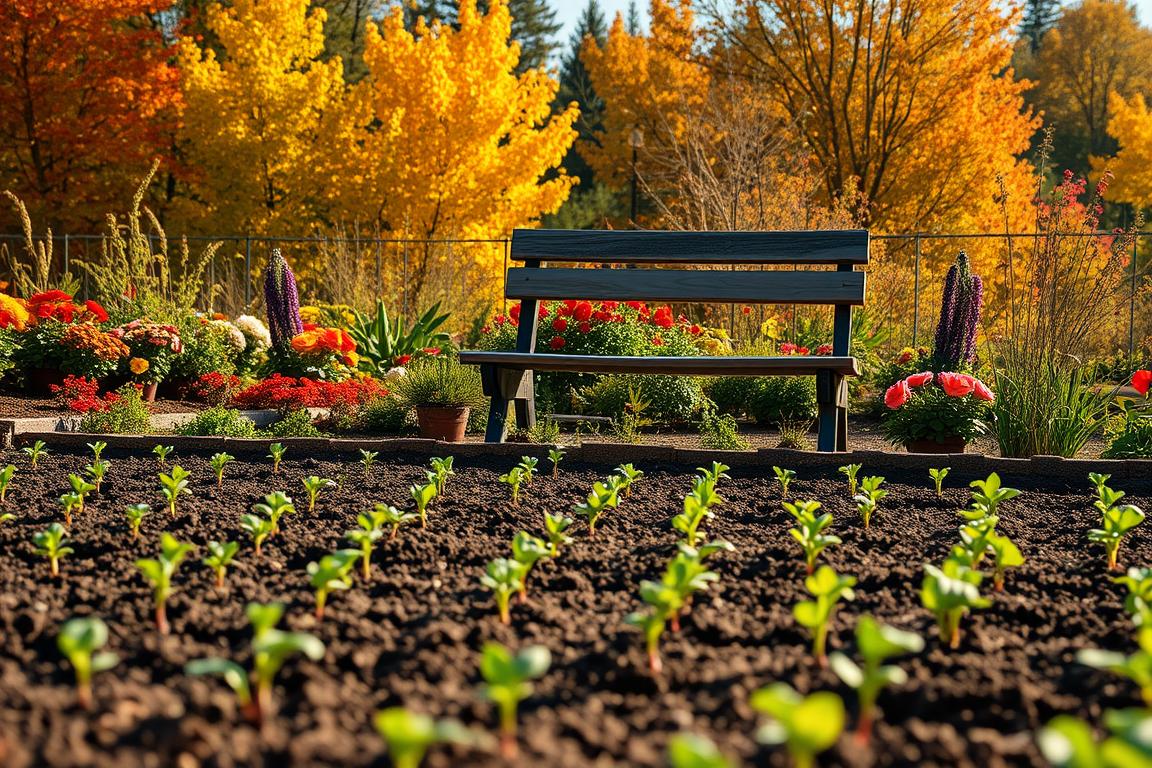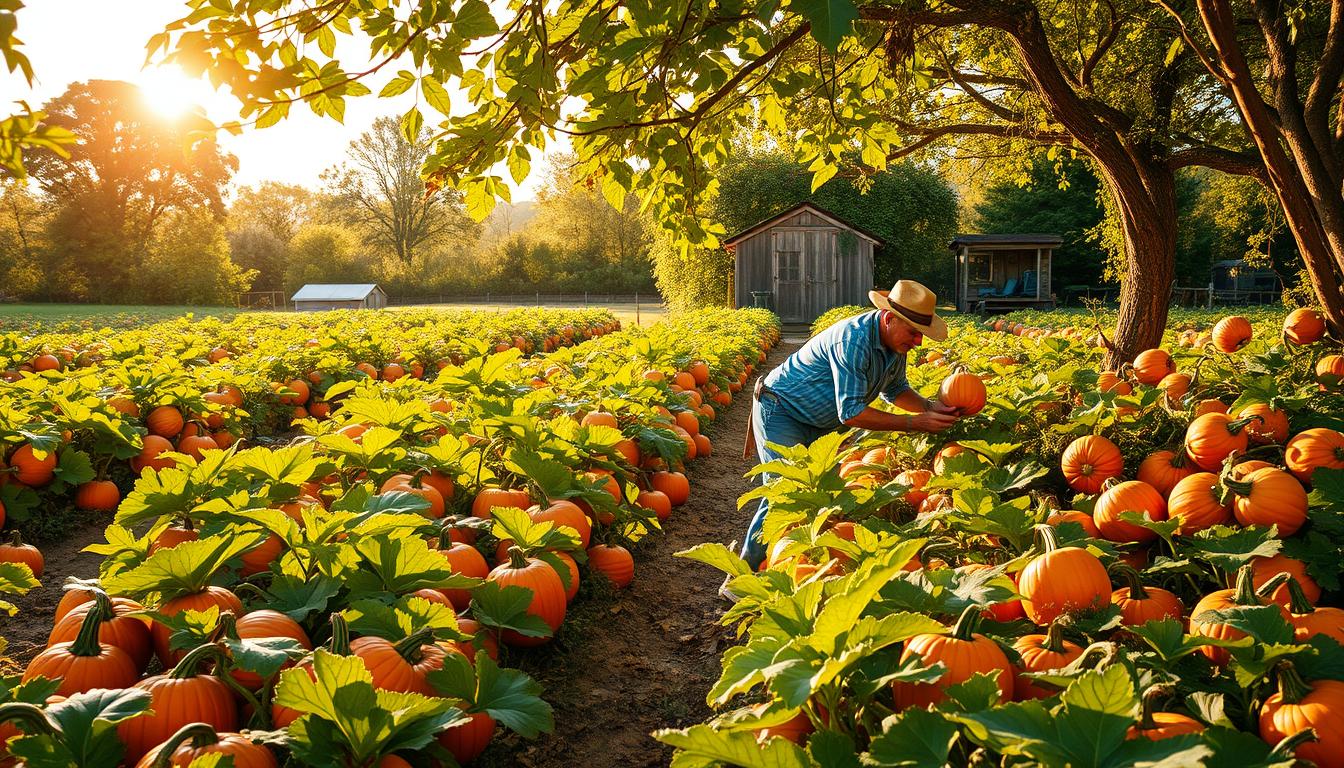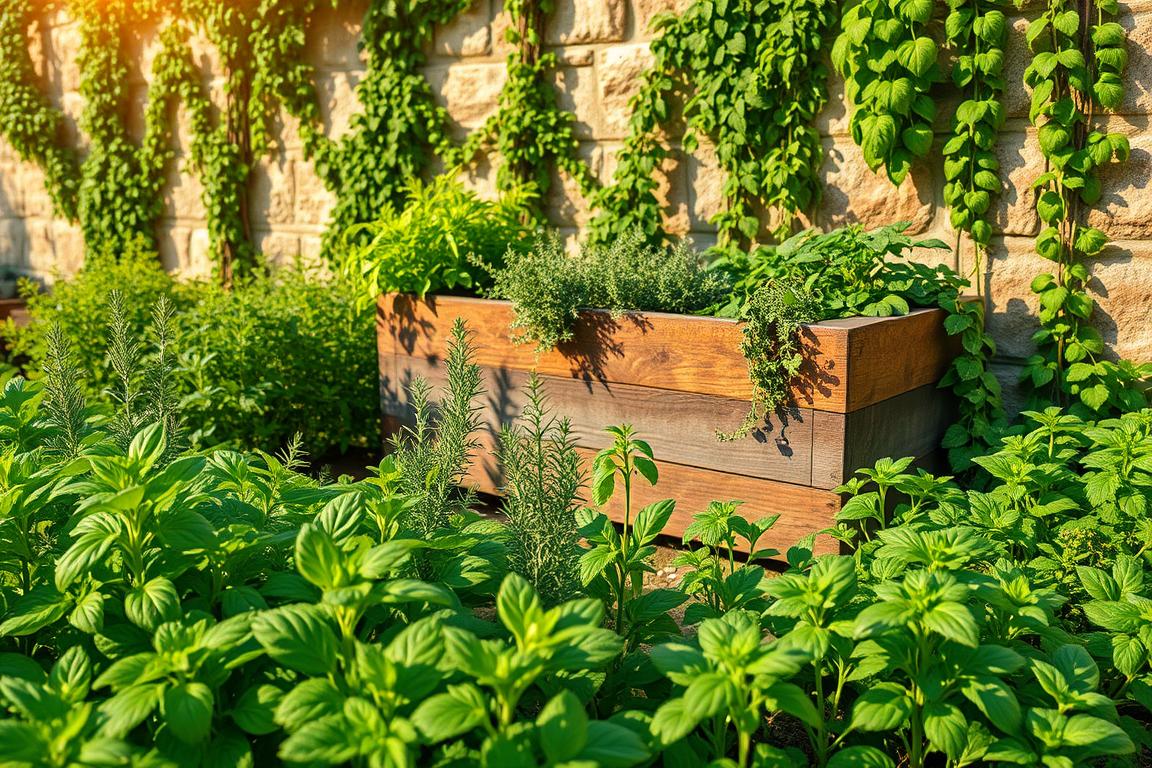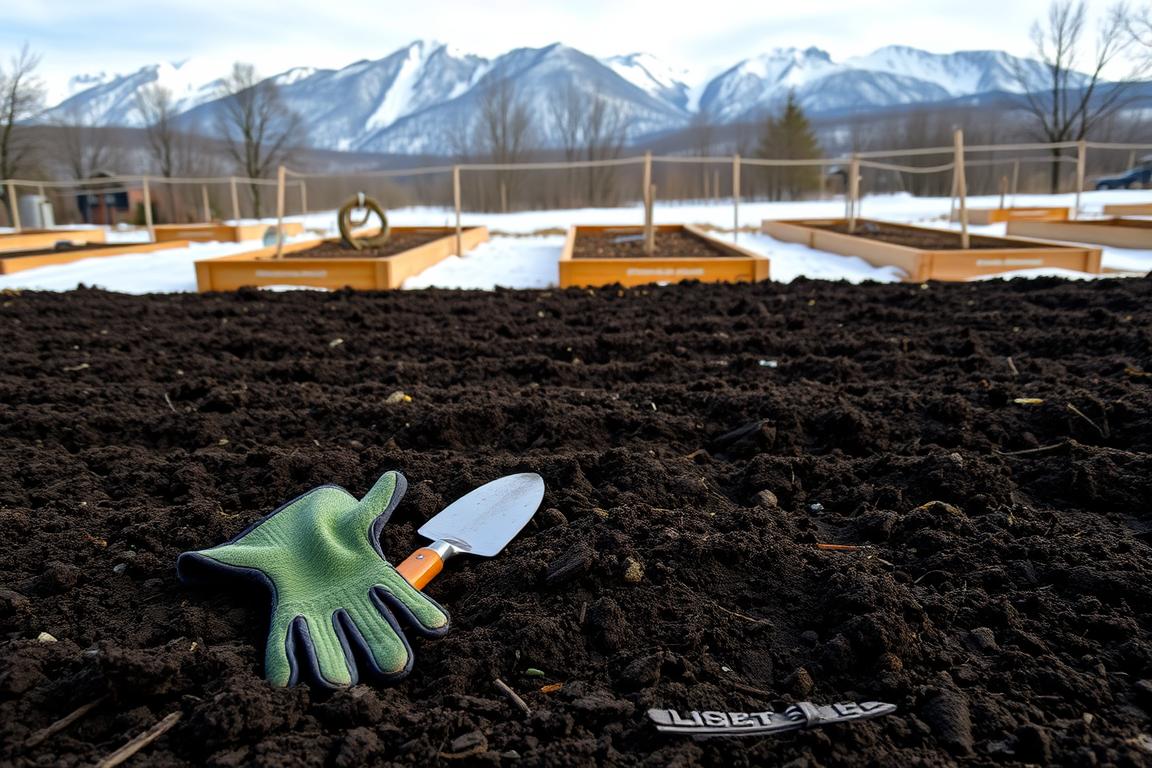Welcome to the world of spring container gardening. Here, vibrant plants and creative planters can make your outdoor space pop. It’s a great way to add color and life to your patio, deck, or balcony. With the right plants and tips, you can create a stunning garden that thrives.
Spring planter ideas can be simple or complex. But with the right guidance, you can make a beautiful garden. We’ll explore the best plants for pots and planters. Plus, we’ll share expert tips to make your spring garden a success. This guide is perfect for both seasoned gardeners and beginners.
Getting Started
To start with spring container gardening, pick the right planters and plants. With many options, it can be hard to choose. But don’t worry, we’ve got you covered. We’ll look at everything from small herb planters to large patio planters for your garden.
Key Takeaways
- Choose the right planters for your spring garden
- Select the best plants for pots and planters
- Follow expert container gardening tips for success
- Consider spring planter ideas to add color and life to your outdoor space
- Start small and have fun with your spring container gardening journey
- Experiment with different plant combinations to find what works best for you
Getting Started with Spring Container Gardening
Starting your spring container gardening journey is exciting. It’s more than picking your favorite plants. You need the right tools, know your container options, and understand what makes plants thrive.
Spring planter ideas are endless. You can mix vibrant flowers with lush greenery. The right plants and containers make your garden stand out. With good tips, your garden will impress everyone.
- Choose containers that are appropriate for the plants you want to grow
- Select a well-draining potting mix to prevent waterlogged soil
- Ensure your containers have adequate drainage holes to prevent root rot
Follow these tips to create a beautiful spring container garden. It will add joy and beauty to your outdoor space.
Selecting the Perfect Potting Soil for Your Container Garden
Choosing the right potting soil for containers is key. It should drain well to avoid waterlogged soil. This prevents root rot and other issues. Look for a mix that’s made for containers and has a balanced pH.
Here are some key factors to consider when selecting a potting soil for your container garden:
- Good drainage properties to prevent waterlogged soil
- A balanced pH level to support healthy plant growth
- Added fertilizers or nutrients to promote plant development
By focusing on these points, you can pick the best potting soil for your plants. This will help your container garden thrive. Some top container gardening tips include using a soil made for containers. Also, add compost or manure to boost soil health.
For spring planter ideas, pick a potting soil made for spring. It should have a slightly acidic pH. This supports your plants’ growth. By following these tips, you’ll have a stunning container garden that brightens your outdoor space.
Top Flowering Plants for Spring Containers
As the weather gets warmer, it’s time to brighten up your outdoor area with colorful plants. Look for compact or dwarf varieties for your containers. These plants are made for small spaces and do well in containers.
For early spring, tulips and daffodils are great choices. They bring a splash of color to your space. Mid-season, azaleas and rhododendrons are perfect for a vibrant display. And for lasting color, petunias and geraniums are excellent picks.
Early Spring Bloomers
- Tulips
- Daffodils
- Crocus
Mid-Season Favorites
- Azaleas
- Rhododendrons
- Hyacinths
Long-Lasting Spring Flowers
- Petunias
- Geraniums
- Violas
Follow these tips and pick the right plants for your containers. You’ll have a beautiful, lively outdoor space all spring. With the right plants, your space will be a colorful delight.
Growing Vegetables in Spring Containers
Container gardening is a great way to grow food, even with little space. Choose compact or dwarf varieties for a big harvest. Leafy greens, cherry tomatoes, and herbs are popular choices. Remember, use containers that are at least 5-7 gallons for the roots.
For a successful garden, give your veggies the right conditions. Use a well-draining potting soil and place them in sunny spots. Follow container gardening tips for watering and fertilizing. This way, you’ll enjoy fresh veggies from your spring containers.
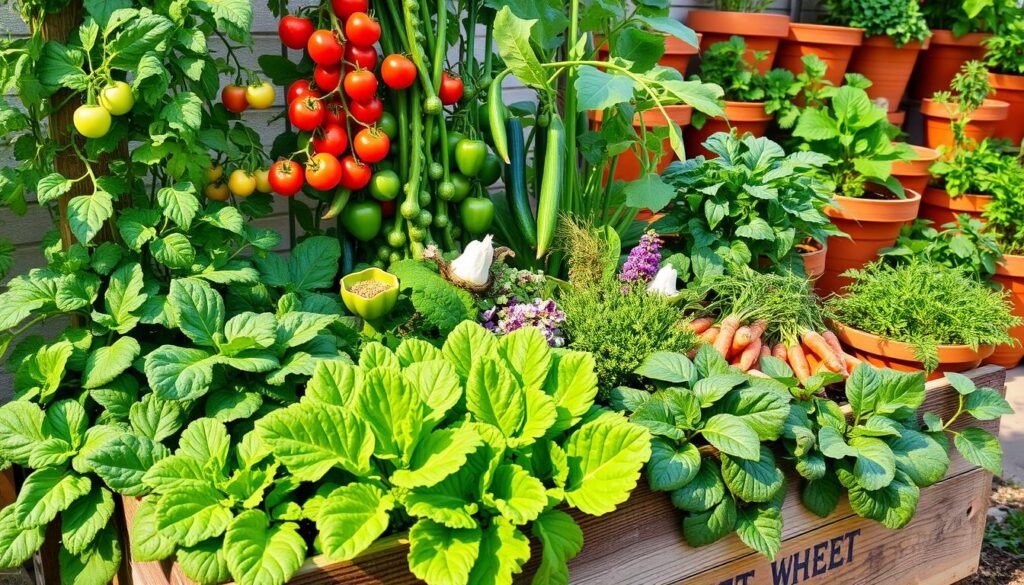
Growing veggies in spring containers has many benefits. You can control the soil, reduce weeds, and extend the growing season. By following container gardening tips and picking the right varieties, you’ll have a thriving garden. It’s perfect for both new and experienced gardeners to enjoy homegrown produce.
Best Herbs for Container Gardens
Container gardening herbs offer endless choices. Many varieties do well in containers, adding fresh flavor and fragrance. Start by thinking about your container’s sunlight. Sun-loving herbs like basil, rosemary, and thyme need at least 6 hours of direct sunlight.
For partial shade, herbs like mint, parsley, and cilantro are great. They thrive in less direct sunlight, perfect for shadier spots. Pairing herbs that complement each other in growth and pest resistance is key to a thriving garden.
- Basil and mint for a refreshing summer flavor
- Rosemary and thyme for a fragrant and savory combination
- Parsley and cilantro for a fresh and citrusy taste
Follow these tips and choose the right herbs for your garden. You’ll have a beautiful and functional herb garden in your containers.
Container Placement and Light Requirements
Container gardening depends a lot on where you put your containers and how much light they get. Most plants need 4-6 hours of direct sunlight each day. Some can handle partial shade. Make sure to place your containers where your plants will get the right amount of light.
For example, if you have plants that need full sun, put them in a spot that faces south. Here are some tips for placing your containers:
- Choose a location that receives the right amount of sunlight for your plants
- Consider the overall aesthetic you want to achieve with your container garden and how the placement of your containers can enhance or detract from your outdoor space
- Think about the spring planter ideas that will complement your container garden, such as adding a trellis or other decorative elements
By following these tips and considering your plants’ needs, you can make a beautiful container garden. Don’t forget about the soil, fertilizer, and water your plants need. With the right light, water, and nutrients, your plants will thrive. You’ll get to enjoy your garden all season.
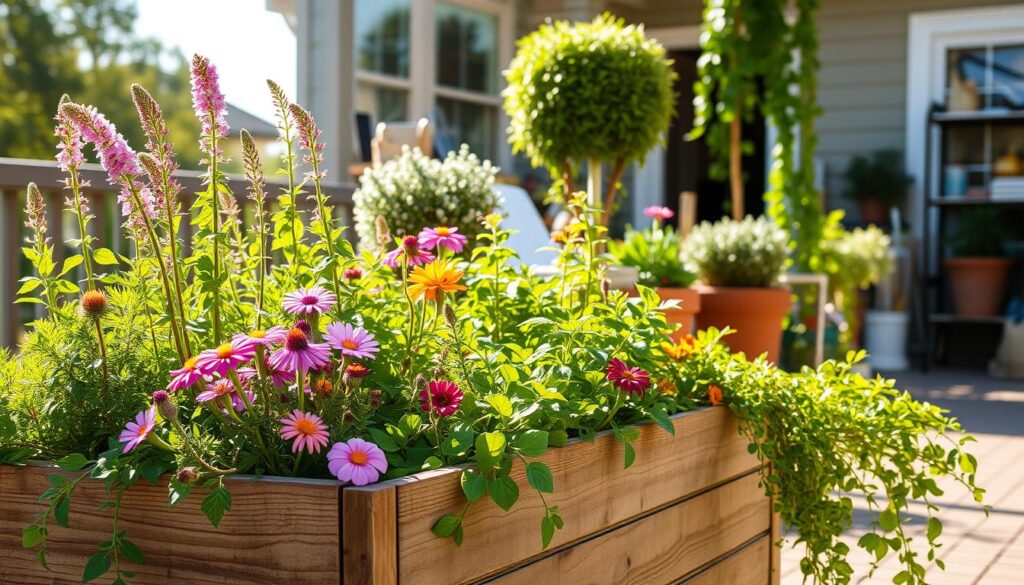
Spring Container Garden Design Principles
Creating a beautiful spring container garden starts with good design. A well-designed garden can make your outdoor space more inviting. Think about the design principles, like choosing the right plants and ideas for spring planters.
Colors play a big role in container garden design. Pick plants that complement or contrast each other. For example, bright flowers with deep green leaves or soft pastels with rich burgundies. This makes your garden look great.
Color Combinations
- Monochromatic: Use different shades of the same color to create a cohesive look.
- Complementary: Pair colors that are opposite each other on the color wheel, like blue and orange.
- Analogous: Choose colors that are next to each other on the color wheel, such as blue, green, and yellow.
Think about the height and structure of your plants too. Mix tall and short plants for a layered look. This adds depth and interest to your garden. With these design tips, you’ll have a stunning spring container garden.
Watering and Fertilizing Your Container Plants
Proper watering and fertilizing are key for your container plants’ health. When it comes to container gardening tips, finding the right water balance is vital. Overwatering can harm your plants as much as underwatering. Check soil moisture by sticking your finger in up to the first knuckle. Water only when it feels dry.
For spring planter ideas, use a balanced, water-soluble fertilizer made for containers. This gives your plants the nutrients they need for growth. Important potted plant care tips include:
- Water in the morning so plants can absorb it all day
- Use room-temperature water to avoid shocking the roots
- Avoid getting water on leaves to prevent fungal diseases
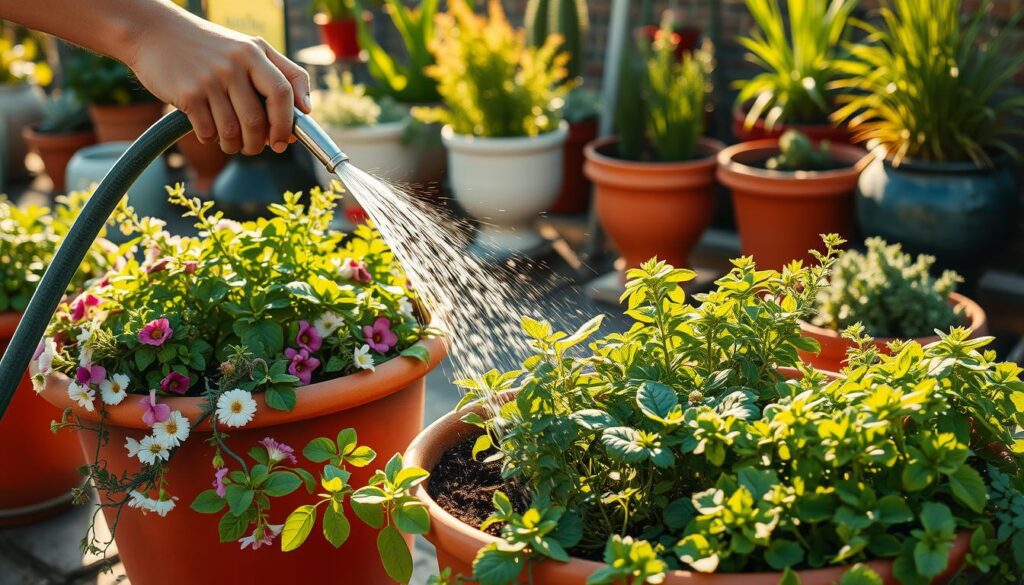
By following these container gardening tips and spring planter ideas, your plants will get the right water and nutrients. This leads to healthy and thriving potted plant care. Keep an eye on how your plants react to watering and fertilizing. Adjust as needed for the best results.
Common Container Gardening Challenges and Solutions
Starting your container garden can come with challenges. But with the right container gardening tips, you can beat these hurdles and have a blooming garden. One big challenge is pests. You can avoid them by using natural pest control and keeping things clean.
Another key issue is stopping diseases. Too much water and bad air can cause problems. So, watch your plants closely and fix issues fast. Following good potted plant care helps keep your plants healthy and disease-free.
- Use physical barriers to keep pests away
- Check your plants often for disease or pests
- Protect your garden from harsh weather like wind and rain
Being proactive helps your container garden thrive. Always watch for changes and ask for help if needed. This way, you can enjoy a beautiful and healthy garden.
Creative Container Ideas for Small Spaces
Even the tiniest spots, like balconies and rooftops, can be turned into gardens. Use vertical planters and hanging baskets to make the most of your space. Choose plants that grow well in small areas and mix flowers, herbs, and veggies for a lively garden.
For a great spring look, try self-watering planters and tiered ones. They save time and add beauty to your garden. Patio gardening gets even better with outdoor lights and garden ornaments, making it cozy and inviting.
Here are some ideas to start your container garden:
- Use a trellis or obelisk for climbing plants like peas or cucumbers
- Combine plants with different textures and colors for interest
- Try a container gardening kit for an easy start
With these ideas, you can turn a small space into a vibrant garden. It’s perfect for enjoying your patio and the beauty of spring planters.
Maintaining Your Spring Container Garden Through the Season
As the season goes on, it’s key to keep your container garden healthy. Simple tips can help your plants stay vibrant. Pruning and deadheading are important for new growth and blooms.
For veggies and herbs, try succession planting. Plant new seeds or seedlings every few weeks. This, along with good care, will give you a steady harvest. Also, rotating your containers helps prevent soil compaction and ensures even growth.
Think about using plants with different growth habits and textures in your containers. This adds interest. By using these tips, your garden will be beautiful all season.
- Prune and deadhead plants regularly to promote healthy growth and blooming
- Implement succession planting for a continuous harvest of vegetables and herbs
- Rotate containers every few weeks to prevent soil compaction and ensure even growth
By following these tips, you’ll enjoy a thriving garden all season. Proper care, tips, and ideas will help.
Conclusion: Growing Success in Your Container Garden
Starting your spring container gardening journey is exciting. You can turn small spaces into lush gardens. Choose the right plants and care for them well to make it happen.
This article has given you the tools to grow a beautiful garden. Try out different plants and designs to match your style. It’s all about finding what makes you happy.
Enjoy the journey of growing your garden. Celebrate your wins and learn from any setbacks. With hard work and creativity, you’ll have a lovely outdoor space to enjoy all season.
FAQ
What are the best plants for spring container gardening?
For spring container gardening, early bloomers like tulips and daffodils are great. Mid-season favorites include azaleas and rhododendrons. Long-lasting flowers like petunias and geraniums are also good choices. Plus, compact veggies and herbs do well in containers.
How do I choose the right potting soil for my container garden?
Pick a potting soil made for containers with good drainage. This prevents waterlogged soil. Check the pH level and if it has fertilizers or nutrients for your plants.
Can I grow vegetables in spring containers?
Yes, you can grow many vegetables in spring containers. Choose varieties made for containers. Make sure your containers are at least 5-7 gallons for root growth.
What are the best herbs for container gardens?
Sun-loving herbs like basil, rosemary, and thyme need at least 6 hours of sunlight. Shade-tolerant herbs like mint, parsley, and cilantro prefer partial shade. Planting herbs together can make your garden balanced and thriving.
How do I design a visually appealing spring container garden?
Design your garden with color, height, and texture in mind. Mix plants with different looks to create a layered and appealing arrangement.
How do I water and fertilize my container plants?
Water your plants when the soil is dry. Use a balanced fertilizer made for containers to feed your plants well.
How do I deal with common container gardening challenges?
Common issues include pests, diseases, and weather. Use organic pest control, keep your garden clean, and protect it from extreme weather.
How can I maximize my small space for container gardening?
Even small spaces can be great for container gardens. Use vertical planters, hanging baskets, or window boxes. Choose compact plants for small spaces.


